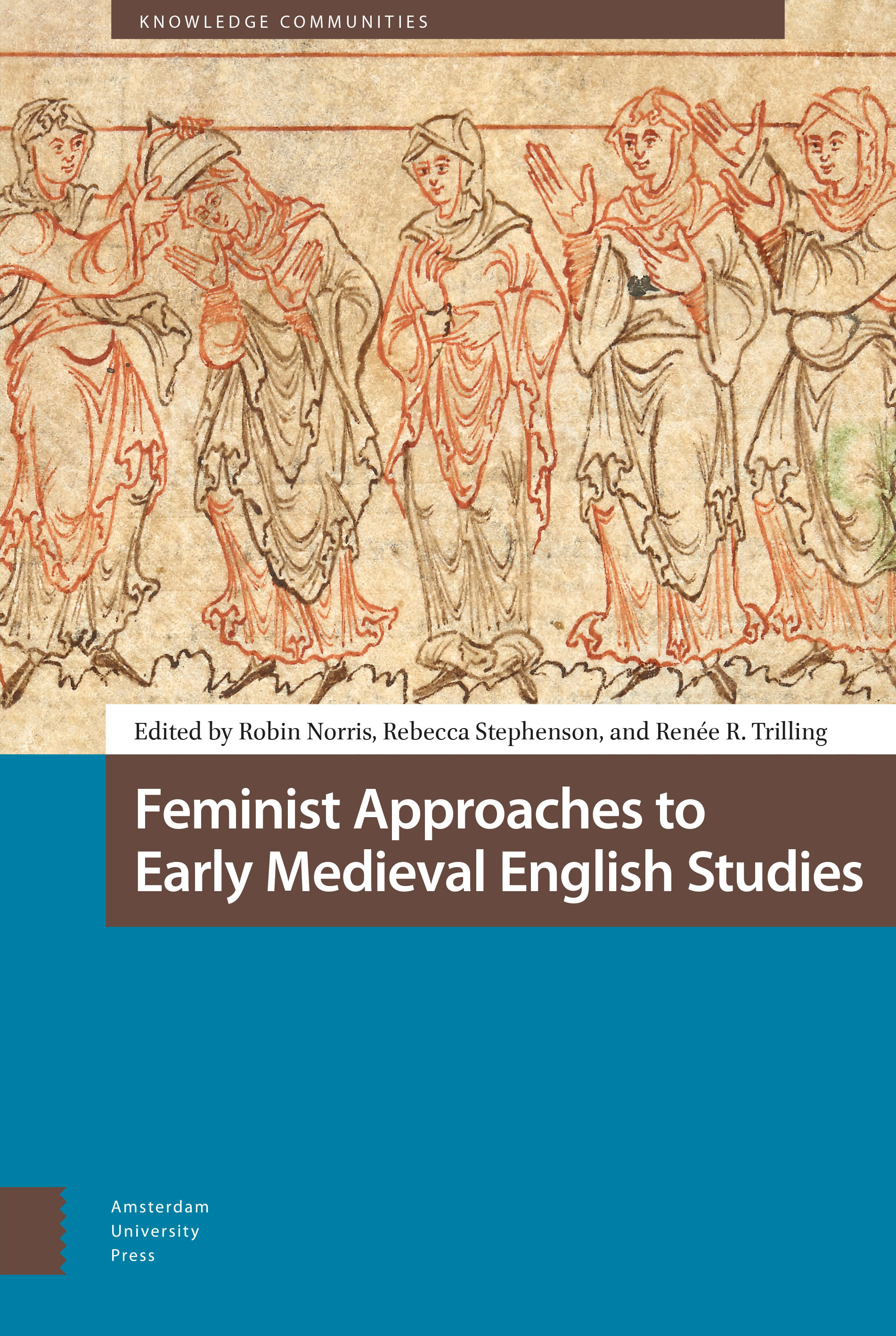11 - The Literate Memory of Hugeburc of Heidenheim
Published online by Cambridge University Press: 19 April 2023
Summary
Abstract
The English nun Hugeburc of Heidenheim wrote lives of two kinsmen,Willibald and Wynnebald, and became the only female hagiographer of theCarolingian period. Hugeburc’s work represents an importantmilestone for the construction of institutional memory in a regionundergoing Christianization. While writing hagiography can be seen as afeminist act, the power structures and world views inscribed in theseworks conform to dominant ideologies in the Christianization process. Toassess the cultural work these texts perform, this chapter looks beyondthe quality of Hugeburc’s Latin to better understand thehierarchies that the texts construct, revealing that whileHugeburc’s activities challenge a discursive arena that is almostexclusively male, her writings uphold a patriarchal and Christian worldview.
Keywords: Hugeburc of Heidenheim, Christianization, nuns,cultural memory, cultural work
For a medieval studies that increasingly sees itself as feminist,postcolonial, and global, the life and work of Hugeburc (or Hygeburg) ofHeidenheim (fl. 780s) offer a wealth of material. An English nun whomigrated to Bavaria in the wake of missionary activity on the edges ofFrankish rule, Hugeburc sparks the modern imagination because both her lifeand work overturn conventional notions and broaden our conceptualunderstanding of the Carolingian age. The only known female hagiographer ofthe period, Hugeburc wrote the lives of two of her kinsmen, both of whomtravelled widely and both of whom were instrumental in the development ofecclesiastical institutions in Bavaria: namely, Willibald (d. ca. 787),bishop of Eichstätt and founder of the double abbey at Heidenheim,and Wynnebald (d. 760 or 761), the first abbot of the monastery atHeidenheim. These lives, which go under the title Vita germanuumWynnibaldi et Willibaldi, preserve the remarkable story ofWillibald’s travels in the early part of the eighth century to notonly Rome (720–723), but also present-day Syria, Jerusalem andenvirons (724–726), as well as Constantinople (727–729) beforehis return to Italy, and ten years at Monte Cassino (729–739) afterwhich he was called to Bavaria and became bishop of Eichstätt(740).
- Type
- Chapter
- Information
- Feminist Approaches to Early Medieval English Studies , pp. 317 - 342Publisher: Amsterdam University PressPrint publication year: 2023



